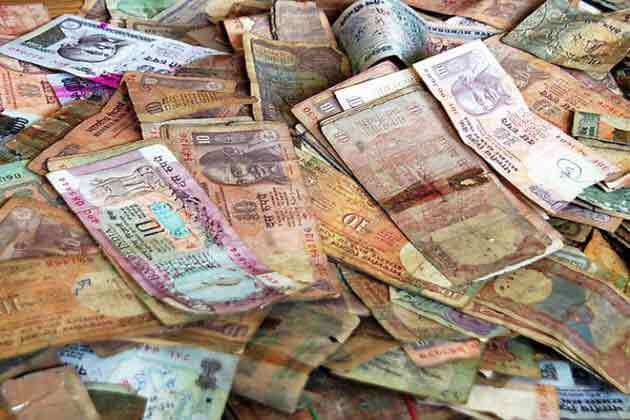Guidelines for exchanging mutilated notes have been published by the Reserve Bank of India (RBI). Due to the possibility that they will not be accepted by shopkeepers or distributed in the market, damaged notes frequently cause people difficulty in handling them. To exchange the notes in the past, people had to use brokers, which has led to fraud and misinformation. The RBI has established the following guidelines for exchanging mutilated notes to prevent situations like these:
- Any notes that are soiled, damaged, or missing numbers can be deposited without completing any forms at any public sector bank branch or RBI office.
- Individuals can trade a limit of 20 notes all at once, whose greatest worth shouldn’t surpass Rs.5000. Over the counter, banks will immediately pay the notes’ value. The bank receives higher-value notes and deposits the money into the individual’s account. Exchanging notes valued at more than Rs 50,000 may take longer.
- On the RBI’s official website, customers can file a complaint online if a bank refuses to exchange mutilated notes. Banks that don’t follow the rules could be punished with action.
- The bank cannot exchange notes that have been badly burned or mutilated. Only at the RBI issue office can these be deposited.
- The degree of tearing or damage to the note will determine its value. For instance, the full price will be stated for a 2000 rupee note that measures 88 square centimeters. For a 44 square centimeter note, half the money will be given.
- Banks will not exchange counterfeit notes, and anyone found doing so will be prosecuted.
It is essential to keep in mind that individuals should avoid being taken advantage of by brokers or touts. People will have no trouble exchanging their damaged notes if they adhere to these guidelines.




















